By Bill McNee, DNR Forest Health Specialist, Oshkosh;
Bill.McNee@wisconsin.gov or 920-360-0942
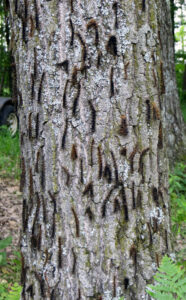
A tree shows high numbers of spongy moth caterpillars, though the majority of the caterpillars have been killed either by virus (hanging in an inverted V) or fungus (hanging in a stretched line, head down). The virus and fungus helped to quell a potential outbreak in many areas of the state in 2024. / Photo Credit: Bill McNee, Wisconsin DNR
As the 2023 spongy moth season ended, there were hopes for a return to colder and wetter conditions in 2024 so that the spongy moth outbreak would decline or even come to an end.
What wound up happening in Wisconsin was the “lost winter,” the warmest since recordkeeping began in 1895. Given this warmth, there were concerns that the widespread spongy moth outbreak would continue for a third consecutive summer, with good caterpillar survival, ongoing defoliation and high rates of tree mortality in already stressed forests.
Continue reading “2024 Spongy Moth Review” →
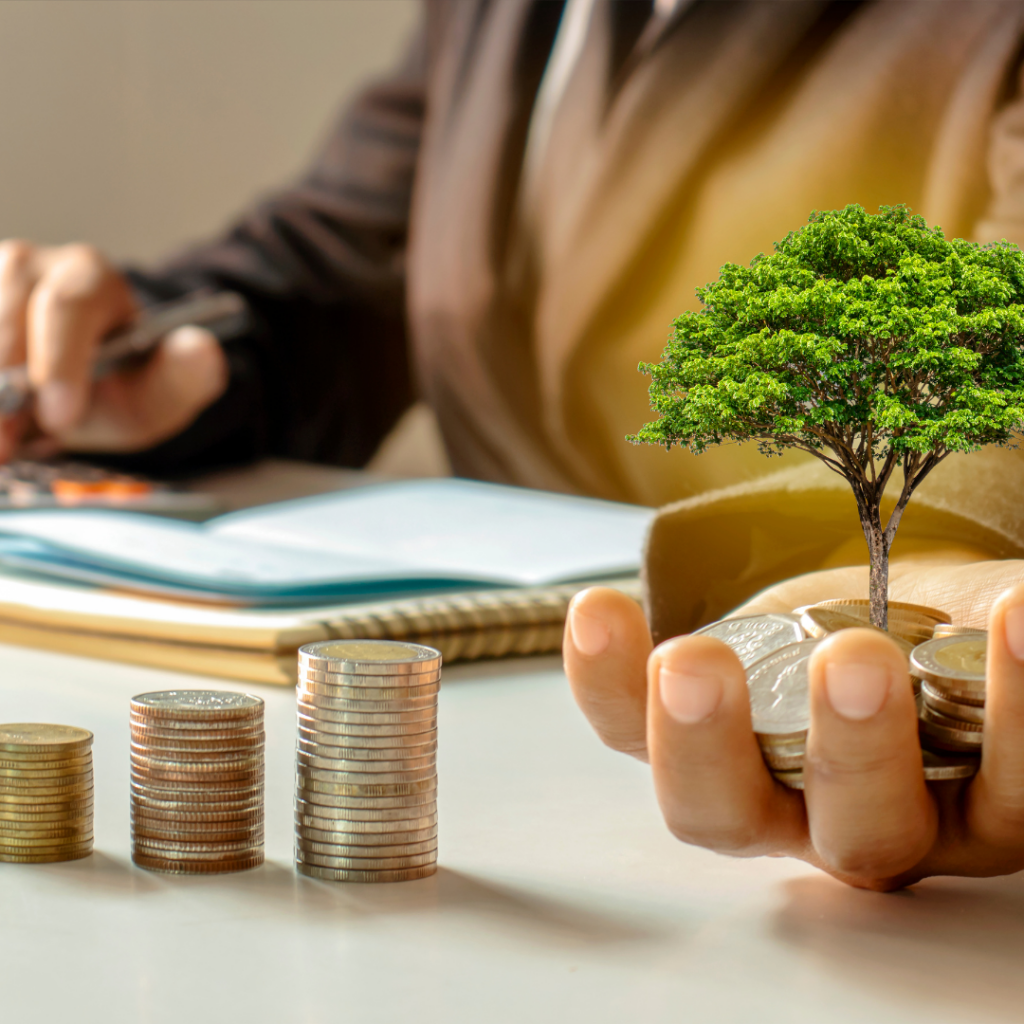 Five Star And Urban Waters Restoration Grants Due Jan. 30, 2025
Five Star And Urban Waters Restoration Grants Due Jan. 30, 2025
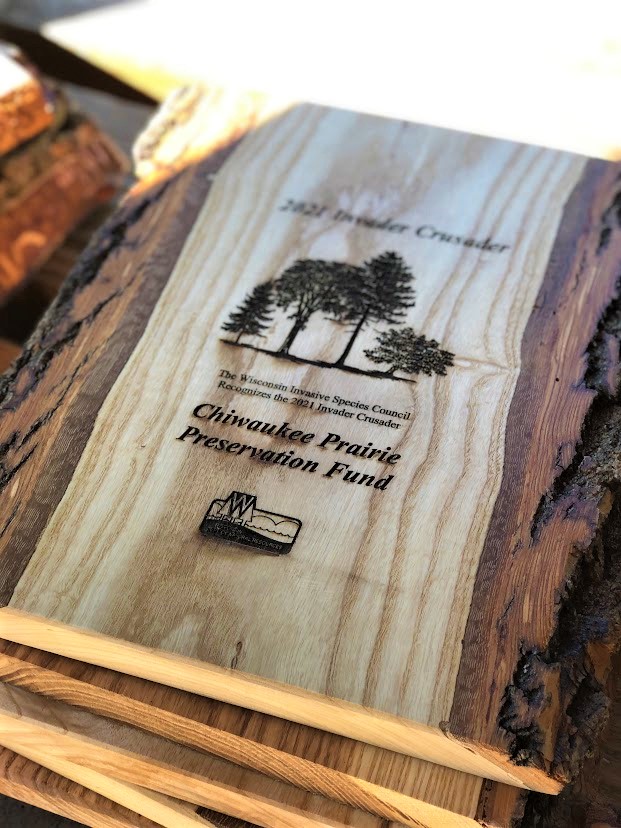
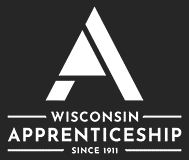 *These training opportunities are provided as an information service only and do not constitute an endorsement from the Wisconsin Department of Natural Resources (DNR).
*These training opportunities are provided as an information service only and do not constitute an endorsement from the Wisconsin Department of Natural Resources (DNR).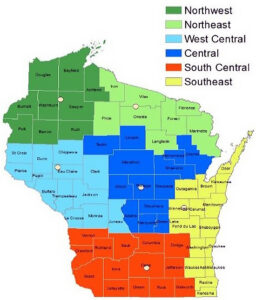

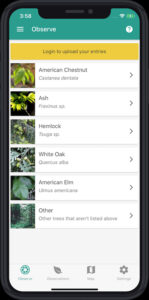

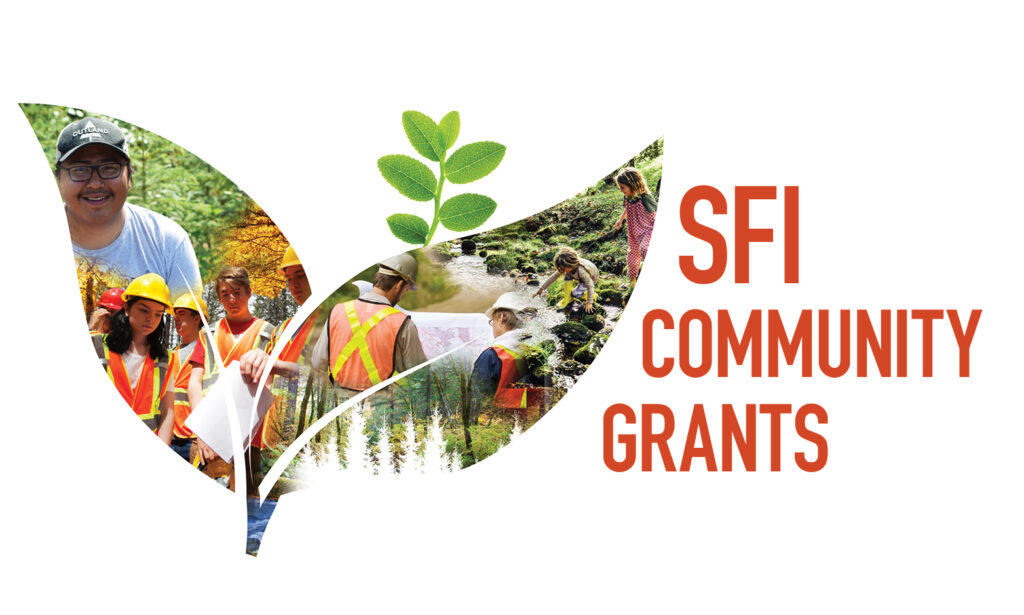 The Urban Forest Improvement Program, funded by the Inflation Reduction Act and the USDA Forest Service’s Urban and Community Forestry Program, provides grants to help organizations benchmark their urban or community forests against the Sustainable Forestry Initiative (SFI) Urban and Community Forest Sustainability Standard.
The Urban Forest Improvement Program, funded by the Inflation Reduction Act and the USDA Forest Service’s Urban and Community Forestry Program, provides grants to help organizations benchmark their urban or community forests against the Sustainable Forestry Initiative (SFI) Urban and Community Forest Sustainability Standard.